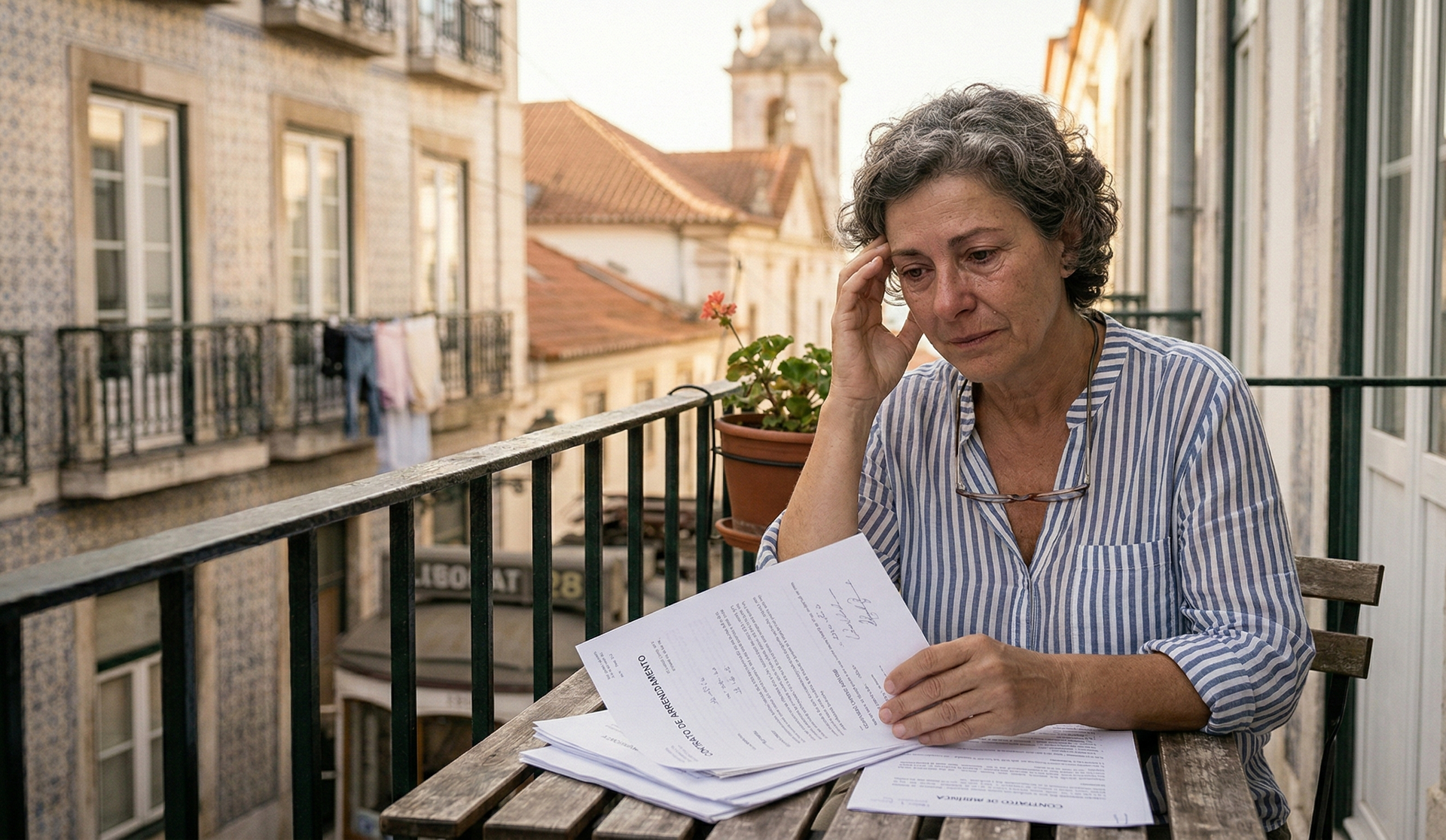Transcription of Marriages Celebrated Abroad into the Portuguese Legal Order

Margarida Tempera | Lawyer
Marriage is one of the most significant acts of personal status, producing a wide range of legal consequences that affect family life, inheritance rights, property relations and social benefits.
For Portuguese citizens who marry abroad, it is important to be aware that the marriage, although valid in the country where it was celebrated, only acquires full legal effect in Portugal once it has been transcribed into the Portuguese Legal Order.
This requirement does not call into question the validity of the marriage itself but reflects a fundamental principle of Portuguese law: civil status acts that occur outside the country must be incorporated into the Portuguese legal order to ensure they can be recognised and enforced.
Without transcription, the marriage is invisible to the Portuguese administration, which can create considerable uncertainty when spouses need to exercise their rights.
The legal basis for this obligation can be found in the Civil Code and the Civil Registry Code, which establish that marriage is a civil status act subject to mandatory registration. The rules are clear: whenever at least one of the spouses is Portuguese, the marriage must be formally transcribed.
This ensures that, in Portugal, the marital status of citizens reflects reality, giving certainty both to the couple and to third parties who may need to rely on it.
The consequences of neglecting this step can be significant, as a surviving spouse who has not ensured transcription may encounter obstacles in asserting inheritance rights under Portuguese succession law.
Access to certain tax benefits, social security entitlements or health care rights may also be compromised when the marriage is not properly registered, as, in practice, a marriage celebrated abroad but not transcribed is often treated as if it did not exist within the Portuguese legal framework.
Transcription also plays a crucial role in safeguarding the principle of publicity of civil status acts, which is one of the cornerstones of the registry system. This principle ensures that the personal and family status of citizens can be known and relied upon by third parties, thereby promoting legal certainty and protecting legitimate expectations. By integrating the marriage into the Portuguese Legal Order, couples not only protect their own rights but also reinforce the legal security of transactions and relations with others.
In addition, the transcription is vital for determining and making opposable the matrimonial property regime chosen by the spouses or, in its absence, the regime applicable by law.
Under the Portuguese Civil Code, the regime of property is determined at the moment of marriage; however, to be fully recognised and enforceable in Portugal, it must be reflected in the national registry. This is particularly relevant when the couple has assets in Portugal or when one of the spouses wishes to enter into contracts that presuppose clarity regarding property rights.
Although the process of transcription is mandatory, the law does not impose automatic deadlines, which sometimes leads couples to postpone the matter, which makes it common for the issue to only arise years later, when a practical need makes the absence of transcription evident. Unfortunately, by that stage, the lack of registration can complicate or delay the exercise of rights, especially in sensitive moments such as succession, divorce or acquisition of property.
Taking timely action to regularise the situation prevents these difficulties and provides peace of mind.
From a constitutional perspective, the importance of transcription is closely linked to the protection of family life and human dignity, as our Constitution recognises the family as a fundamental element of society, entitled to legal protection. Ensuring that marriages celebrated abroad are validly recognised in Portugal is part of that protection, since it allows spouses and families to rely on the full effect of their legal bond without unnecessary obstacles or doubts.
What couples often underestimate is the complexity that may arise in this type of procedure. Even though it is, in essence, an administrative act, the assessment of the marriage by the Portuguese authorities must ensure that it complies with the substantive requirements of Portuguese law. Prohibitions relating to age, kinship or the prohibition of bigamy are examples of rules that apply to Portuguese citizens wherever they marry. Where doubts or irregularities arise, they must be carefully addressed to avoid the risk of refusal or delay in the process.
It is also worth noting that the legal effects of transcription extend beyond the spouses themselves. Children born within the marriage, inheritance situations involving wider family, and even the spouses’ position before tax and social security authorities are all dependent on the correct registration of the marital bond. Without transcription, the administrative and legal system in Portugal cannot provide the appropriate recognition and protection.
For all these reasons, while the obligation to transcribe a marriage celebrated abroad may appear to be a mere formality, in practice it is a decisive step in ensuring legal certainty and protecting family rights.
Importantly, couples do not need to be physically present in Portugal to ensure their marriage is transcribed. The law allows this process to be conducted by legal representatives acting on their behalf. This means that, even while residing abroad, it is possible to secure full recognition of the marriage in Portugal through proper legal representation, avoiding unnecessary travel and ensuring that every step is carried out with accuracy and diligence.
Couples who married abroad and who have or intend to establish connections with Portugal should not postpone this step, as the transcription of the marriage into the Portuguese civil registry is not simply an option but a legal necessity with tangible consequences for their lives and for the protection of their families.
Ensuring that the process is correctly carried out means securing peace of mind, clarity of rights and legal certainty, all of which can be achieved safely with professional support.










